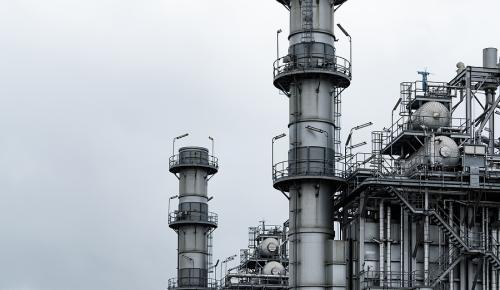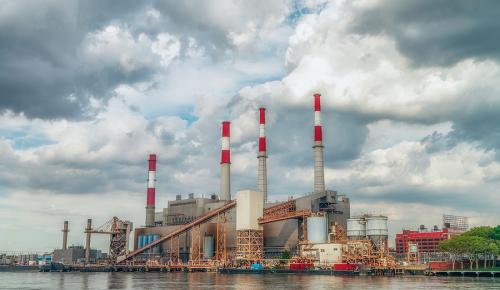Future of Gas
Technological changes such as the development of advanced cold climate heat pumps, coupled with state and local climate change mitigation policies, are beginning to transform the future of regulated gas distribution companies.

Overview
We draw upon our expertise in utility regulation to provide expert analysis and testimony on what the decarbonization transition means for gas utilities. We look at issues such as gas infrastructure planning, financial strength, and ratepayer implications. We are particularly attuned to the potential for inequitable outcomes for communities already facing high energy burdens and the need for proactive programs and planning to mitigate risk for these customers.
Infrastructure Planning and Non-Pipeline Alternatives
We help regulators, advocates, and policymakers develop approaches to planning the future of the gas transmission and distribution systems. This includes:
- Developing approaches for cost-benefit analysis of gas system investments, while taking into account local and state policies and goals and evaluating both quantitative and qualitative impacts
- Assessing the need for gas system capacity expansion, such as new gas transmission lines
- Planning for and evaluating non-pipeline alternatives
Gas Supply Planning
Synapse analyzes gas supply planning, contracting, and procurement issues. This includes examining:
- The potential availability and role of lower-carbon gases like renewable natural gas, hydrogen, and synthetic natural gas
- The need for proposed liquified natural gas terminals
- Pricing under long-term contracts for gas supply to gas-fired generating units
- Procurement strategies of gas utilities, addressing issues such as load forecasts, reliability criteria, contracting options, price projections, procurement practices, portfolio policy, and risk management
- Proposed FERC policies for gas pipelines
- The integrated resource plans and demand-side management programs of gas utilities
Utility Business Models & Business Risk
Changes in customer demand for natural gas will challenge utility managers and regulators to develop new approaches to utility business and financial planning that are consistent with local and state policies and goals. Synapse has developed detailed and comprehensive tools to model the finances and rates of electric and gas utilities (along with their unregulated affiliates) which we use to understand current and future business models, objectives, risks, and impacts on customer rates. We apply these tools and the resulting insights in regulated proceedings and to inform policymaking and strategy, in diverse contexts. These include cost of capital/rate of return proceedings, infrastructure planning dockets, and state and regional energy planning.
Implications for Utility Programs
Synapse applies our deep knowledge and history in evaluating energy efficiency and demand response program design to natural gas utility programs. We assess the implications of the changing policy and business context for utility-run gas and electric efficiency programs. Given the importance of electrification and fuel-switching in plans for deep decarbonization, we take an integrated and all-fuel approach when assessing both the details and strategies of efficiency programs.
Contact an Expert







